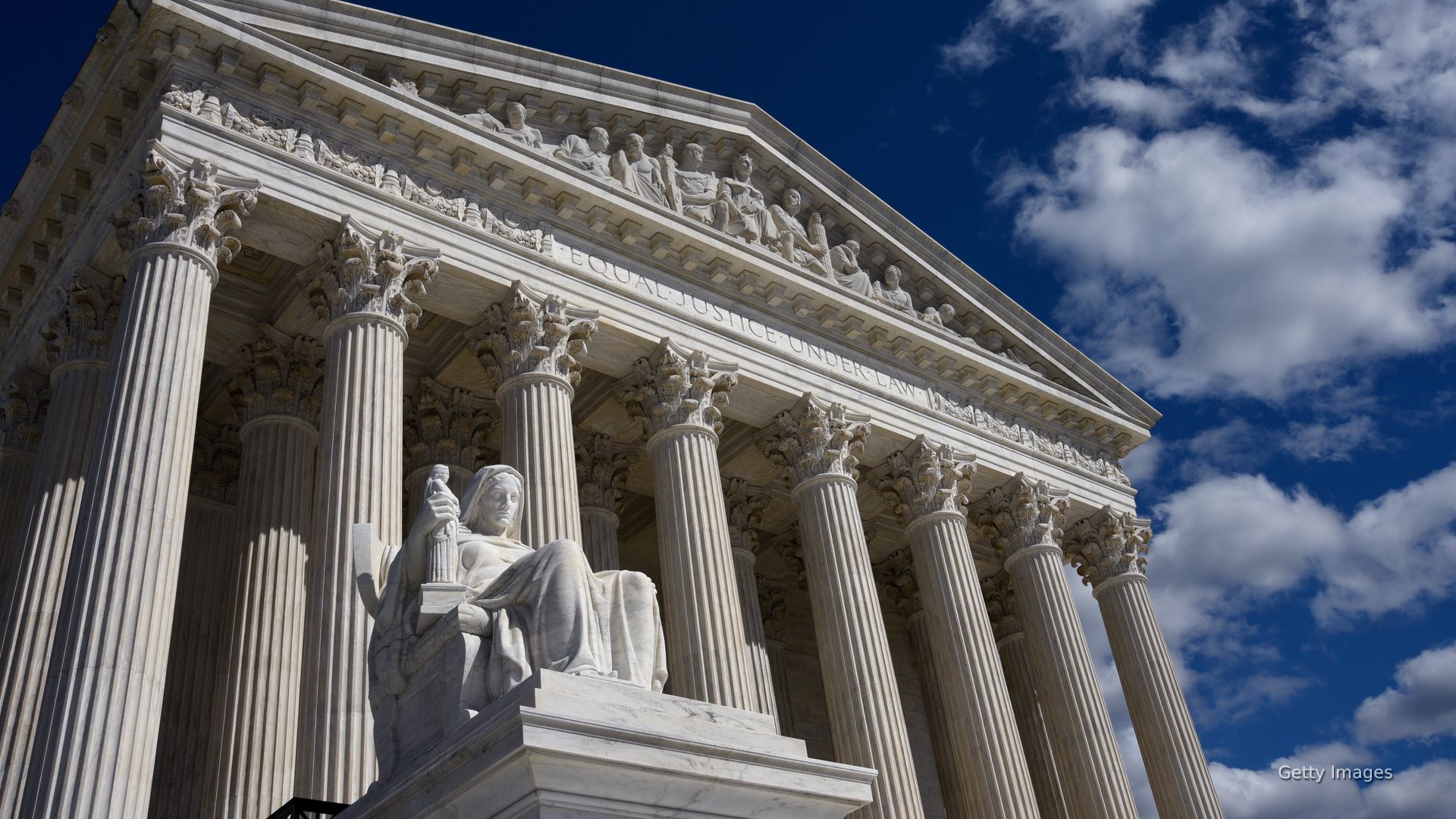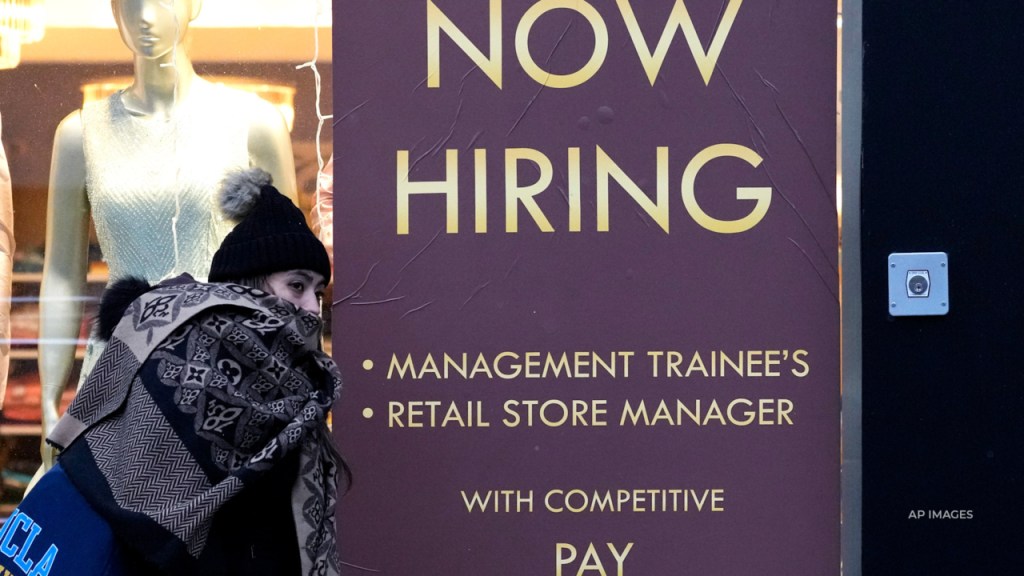
[Craig Nigrelli]
THE SUPREME COURT WILL DECIDE WHETHER A TRUCKER CAN USE AN ANTI-RACKETEERING LAW TO RECOVER WAGES HE LOST AFTER HE WAS FIRED FOR UNKNOWINGLY USING A PRODUCT THAT CONTAINED T-H-C – THE ACTIVE INGREDIENT IN MARIJUANA.
THE TRUCK DRIVER IS LOOKING TO SUE THE MAKERS OF “DIXIE X” – A C-B-D-PRODUCT ADVERTISED AS BEING T-H-C-FREE – UNDER THE RACKETEER INFLUENCED AND CORRUPT ORGANIZATIONS, OR RICO ACT, WHICH COULD TRIPLE DAMAGES AND ATTORNEYS FEES FROM THE COMPANY IF HE WINS.
THE MAKER OF DIXIE X – MEDICAL MARIJUANA INC. – ARGUES RICO CAN’T BE USED TO SUE FOR PERSONAL INJURIES, ONLY FOR HARM TO “BUSINESS OR PROPERTY.”
THE DRIVER, DOUGLAS HORN, ARGUES THE HARM WAS TO HIS ABILITY TO EARN A LIVING.
THE NEW YORK-BASED 2-ND CIRCUIT COURT OF APPEALS SIDED WITH HORN – SAYING THE PLAIN MEANING OF THE WORD “BUSINESS” ALLOWS HIM TO SUE.
DURING ORAL ARGUMENTS TUESDAY… SOME CONSERVATIVE SUPREME COURT JUSTICES EXPRESSED CONCERN THAT ALLOWING THAT INTERPRETATION WOULD OPEN THE FLOODGATES TO TYPES OF LAWSUITS THE LAW WASN’T INTENDED TO COVER – A CONCERN ALSO RAISED BY THE U-S CHAMBER OF COMMERCE.
A DECISION IN THE CASE IS EXPECTED NEXT YEAR.











